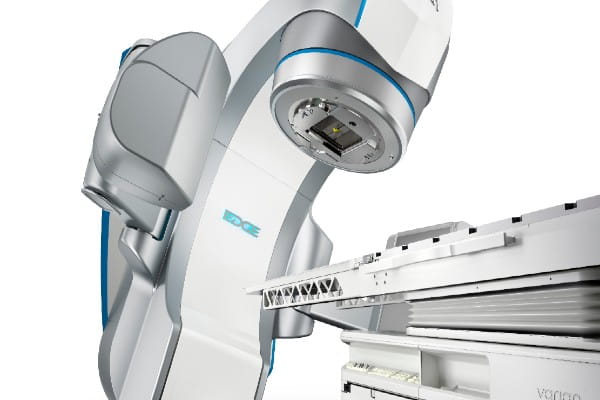Women suffer about 55,000 more strokes each year than men. Pregnancy, a longer life expectancy and hormonal medication all play a role in raising women’s stroke risk.
Strokes are the third leading cause of death for women and the fifth leading cause of death for men, according to the National Center for Health Statistics.
“High blood pressure during pregnancy creates a higher stroke risk for younger women,” says Elsie Achieng, M.D., a neurologist with Riverside Neurology Specialists. “Women between the ages of 20-39 are twice as likely to have a stroke than men. Women over 85 also have a higher risk of stroke than men.”
Stroke risk factors in women
Strokes are known as “brain attacks.” When blood flow stops to an area of the brain, the cells receive less oxygen, similar to what occurs during a heart attack. When brain cells can’t get enough oxygen, they die.
“Strokes generally fall in one of two categories,” Dr. Achieng says. “Ischemic strokes occur when a blood clot in a vessel stops blood flow to the brain. Hemorrhagic stroke occurs when a blood vessel bursts and bleeds into the surrounding brain tissue. Certain factors in women can lead to both types of stroke.”
Stroke risk factors in women include these six reasons:
1. Age – Stroke risk rises as we get older. Statistically, women live longer than men.
2. Atrial fibrillation – This irregular heartbeat, also known as AFib, increases stroke risk among women over age 75 by 20 percent.
3. High blood pressure – High blood pressure is the leading cause of stroke. About one in three women have stage 2 high blood pressure (greater than or equal to 140/90 mmHg), but only half have it under control, according to the Centers for Disease Control and Prevention. High blood pressure strains blood vessels, which can make them rupture.
4. Pregnancy – High blood pressure during pregnancy can cause a stroke.
5. Hormonal medications – For women already at high risk for a stroke, taking birth control pills can increase their risk, especially if they smoke. Hormone replacement therapy in women during menopause slightly increases their stroke risk because it can cause blood clots and increase blood pressure.
6. Migraines – Migraines with aura are associated with ischemic stroke in younger women, especially if they smoke or use birth control pills.
Stroke prevention in women
With so many factors that can raise the risk of stroke in women, are there ways to prevent them?
“The same steps you take to improve your heart health will also reduce your stroke risk,” Dr. Achieng says. “Your doctor may recommend taking a daily dose of aspirin because it thins the blood and reduces clotting, but that will depend on the individual.”
Stroke prevention tips:
- Eat healthier
- Exercise regularly
- Aim to lower blood pressure and cholesterol
- Quit smoking
- Reach a healthy weight
Riverside Regional Medical Center is the only certified comprehensive stroke center on the Virginia Peninsula. Three other Riverside hospitals are certified primary stroke centers: Riverside Doctors' Hospital Williamsburg, Riverside Shore Memorial Hospital and Riverside Walter Reed Hospital.
For more information about strokes and Riverside’s stroke services, visit riversideonline.com/stroke.



